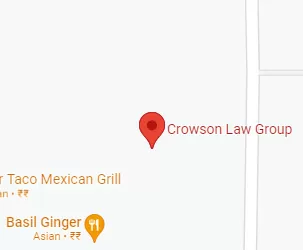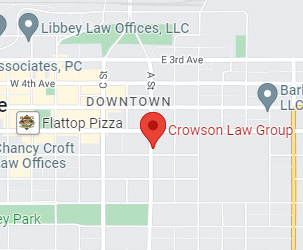Alaska’s Statute of Limitations for Personal Injury Claims

According to a reputable Alaska car accident attorney and other legal experts, understanding the statute of limitations is the first step to avoiding time-barred injury claims. This statute defines timelines within which legal actions can be pursued.
Failure to adhere to the deadline can result in the forfeiture of rights to seek compensation or justice. You may want to consult a top Alaska car accident attorney to avoid this unfortunate scenario.
Statute of Limitations – An Overview
Understanding the statute of limitations for personal injury claims in Alaska is essential for anyone seeking compensation. The statute of limitations for personal injury claims is two years from the date of the accident or injury.
The clock starts ticking from the date the injury occurred or was discovered. In other words, the allowable time doesn’t start running out when the negligent party’s actions take place.
Injuries that are discovered later are subject to the discovery rule.
This rule applies when injuries are not immediately evident or when they result from medical malpractice.
Failing to file a lawsuit within the prescribed time limit can result in the dismissal of your claim. Consequently, you lose the opportunity to pursue legal recourse.
Statute of Limitations FAQs Answered
- What is the statute of limitations?
The statute of limitations is a legal timeframe within which a person can file a lawsuit. - Why is the statute of limitations important?
It’s crucial because exceeding the deadline can lead to the loss of your legal rights. - Do all legal matters have a statute of limitations?
No, different types of legal matters may have different statutes of limitations or none at all. - How long is the statute of limitations for personal injury cases?
The time frame varies by jurisdiction, but it’s typically around 2 to 3 years. - Can the statute of limitations be extended?
In certain circumstances, such as fraud or the discovery of an injury, extensions may be possible. - When does the clock start ticking on the statute of limitations?
It usually starts from the date the incident or harm occurred, known as the “date of accrual.” - Are there exceptions to the statute of limitations?
Yes, some situations may have exceptions, such as minors or individuals with mental incapacities. - Can the statute of limitations be tolled or paused?
Under certain circumstances, like when the defendant is absent from the jurisdiction, the clock may pause. - Can the statute of limitations be waived?
In some cases, parties can agree to waive or extend the statute of limitations. - Why should I consult an attorney regarding the statute of limitations?
An attorney can provide accurate advice specific to your situation and help protect your rights.
By promptly seeking legal counsel and taking timely action, you can maximize your chances of obtaining the compensation you deserve. Consulting an attorney would be a prudent step to ensure you receive the necessary guidance for your case.


